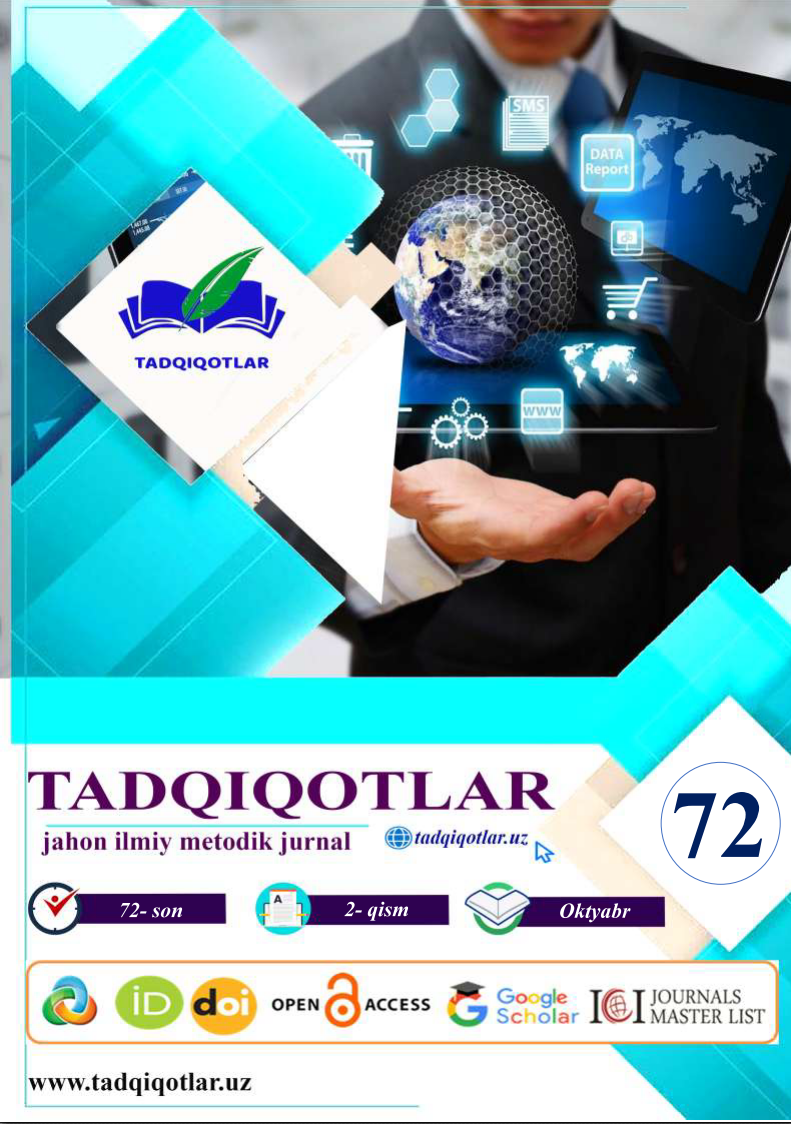ПОСЛОВИЦЫ КАК СРЕДСТВО МЕЖКУЛЬТУРНОГО ОБУЧЕНИЯ РУССКОМУ ЯЗЫКУ: СОПОСТАВИТЕЛЬНЫЙ АНАЛИЗ РУССКОЙ И УЗБЕКСКОЙ ТРАДИЦИЙ
Keywords:
Keywords: proverbs, intercultural communication, teaching Russian as a foreign language, comparative analysis, Russian and Uzbek culture.Abstract
The article examines the role of proverbs as an effective tool for developing
intercultural competence in teaching Russian as a foreign language. Particular attention
is paid to the comparative analysis of Russian and Uzbek proverbs reflecting the values,
worldview, and cultural characteristics of both nations. The author demonstrates how
the use of proverbs in the classroom contributes to a deeper understanding of the
language, the development of figurative thinking, and the formation of respect for
another culture. Examples of methodological techniques for working with proverbs in
Uzbek-language audiences are provided.
References
Список литературы
1. Аникин В. П. Русские пословицы и поговорки. — М.: Наука, 2018.
2. Ёрматов И. Ўзбек халқ мақоллари. — Тошкент: Ғафур Ғулом номидаги
нашриёт, 2019.
3. Верещагин Е. М., Костомаров В. Г. Язык и культура. — М.: Русский язык,
2005.
4. Рогожникова Т. М. Пословицы как средство формирования межкультурной
компетенции на занятиях по РКИ. // Вестник РУДН, 2020.
5. Садикова Г. Национально-культурные особенности узбекских пословиц. —
Ташкент: Фан, 2021.

